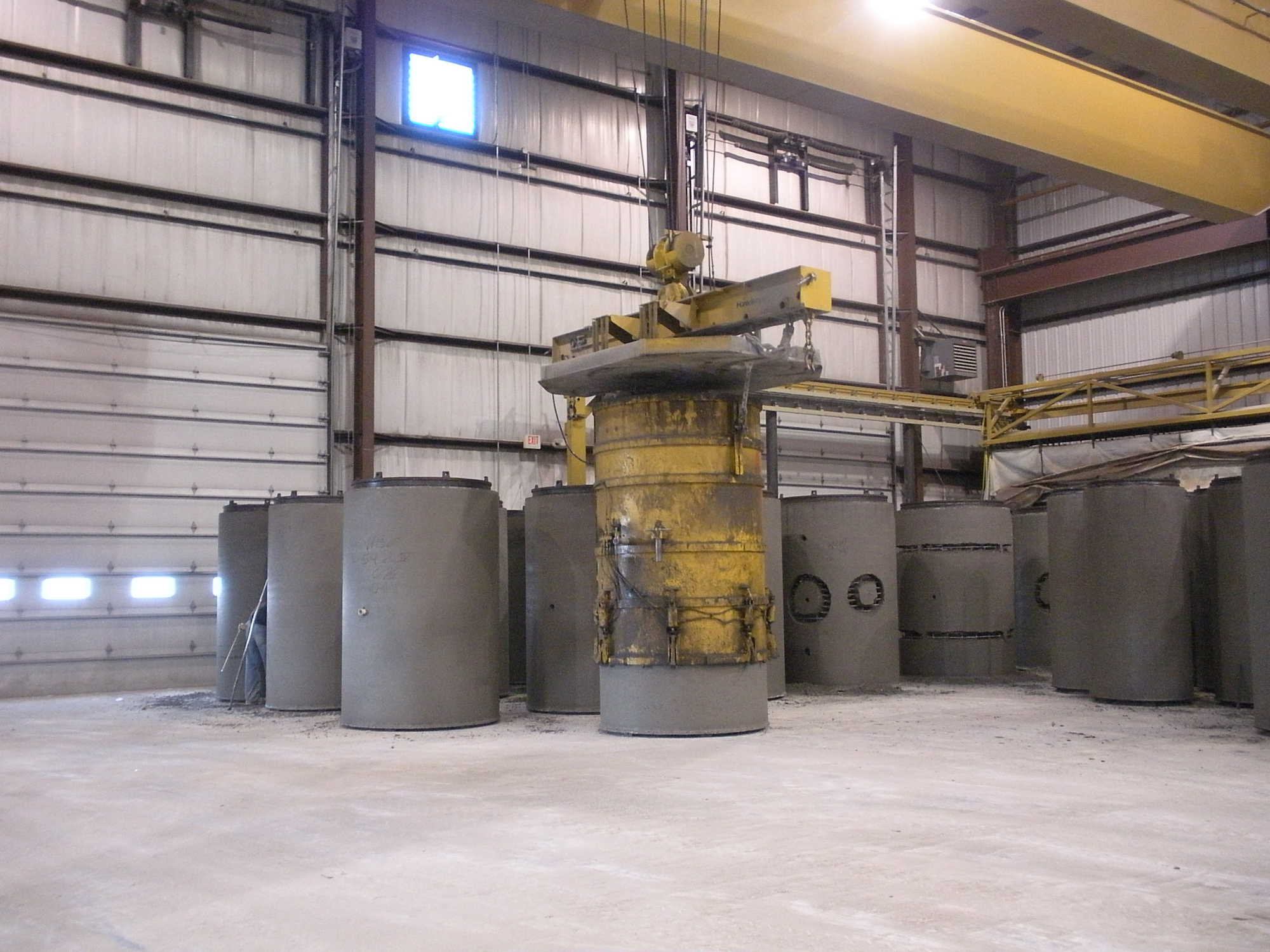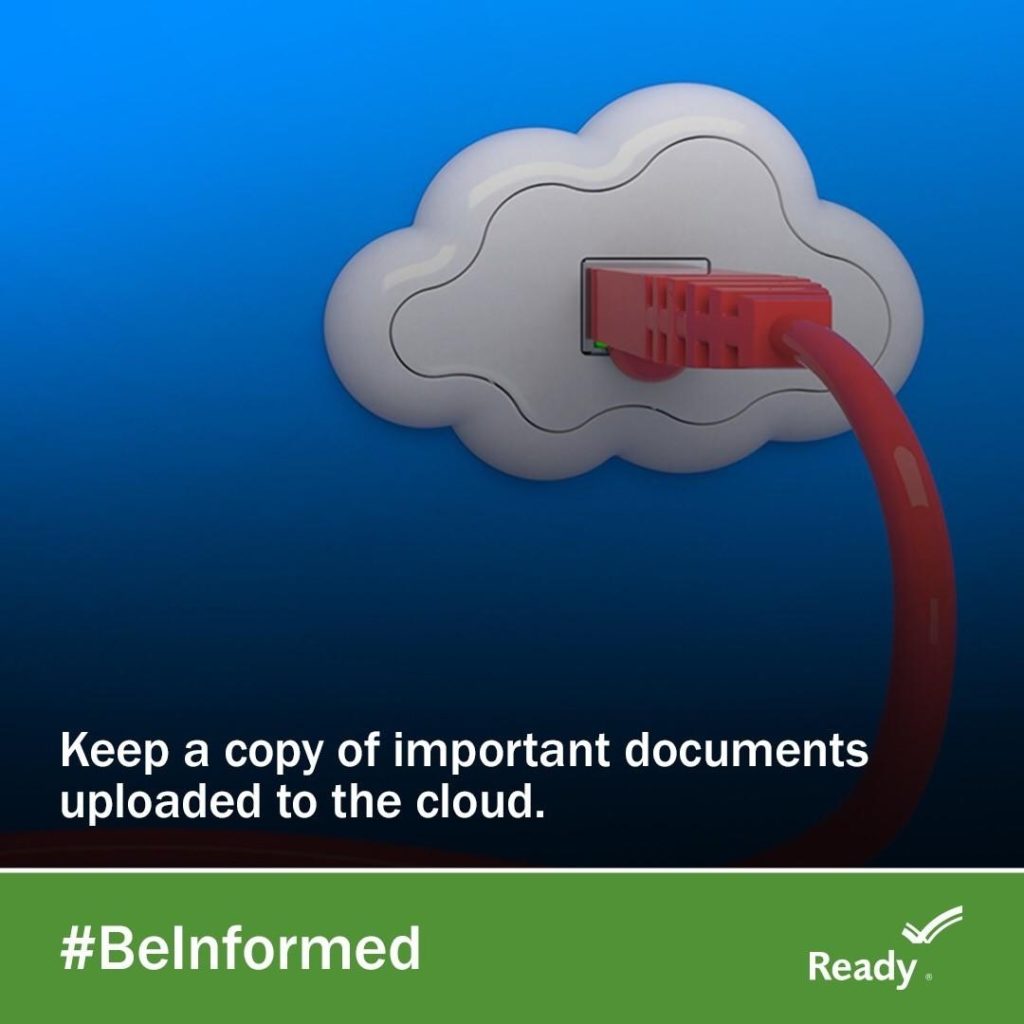At this point, I am aware of my risks and have a emergency plan for my family based on those risk. Now, during this week, I am concentrating on collecting and copying important documents. These are the types that I might need right after a disaster. The Federal Emergency Management Agency (FEMA) offers a publication which lists the types of documents we might need. These include the following:
- Vital records:Â birth, marriage, adoption, child custody papers, other
- Identification: Passport, driver’s license, social security card, other
- Pet ownership records
- Housing documents such as a rental agreement, deed, mortgage
- Vehicle documents such as the VIN, registration, insurance, title
- Other documents such as loans, bills, credit cards, other
- Financial account information
- Insurance policy information
- Income information
- Tax information
- Estate planning: copies of wills, trusts
- Health/dental insurance information
- List of medications, immunizations, other
- Living will, power of attorney papers
- Documentation of disabilities
- Contact information for doctors, veterinarians, specialists
- Employer contact information
- School contact information
- Religious and social service providers
- Home repair service providers
- Documentation of possessions
Where do I put all this information?
At this point, I have most of that information, but it is spread out all over. Some is in paper format and some information is digital or in my phone. So I need to figure out the best way to collect it in one place so I can easily get to it after a disaster. The best way is also probably different for everyone so after reading all these ideas, I will need to figure out what works best for my family.
Some ideas are to:
- Keep paper copies in a fireproof and waterproof safe or box
- Keep paper copies with a trusted friend or relative
- Store digital copies on a password-protected site accessed through the Internet
- Store digital copies on a password-protected flash drive or external hard drive
If storing things in paper format in the house, I need to also consider keeping them safe during either a flood or high winds. I guess I never thought about it before, but if my home was damaged, all the paper records I have could blow away. Having critical documents flying all around where anyone could find them is really not good. So if I’m going to keep critical documents in paper format in my home, I need to make sure they are secured in a box that can’t open if subject to high wind.
Some records I know are at my service providers such as my insurance agent, financial institution, employer, and doctor’s office. But it’s probably a good idea to have copies with me or at least some minimal information related to my accounts because I am not sure those places would be open or also destroyed after a disaster. If I keep information stored on the computer, I am also not sure how long it would be after a disaster before I can access the Internet.
So that’s it for this week – I’ll be collecting my information in one place then securing it in a way that makes sense for my family so we can easily get to it after a disaster. And fortunately I already have a secure box to put information in that I would not want blowing around if my home is damaged.
As a side note, throughout this series of posts about getting prepared, I may mention certain products, services, agencies, etc. At no time is it my intention to promote a specific product or service or agency. Each is mentioned only for informational purposes. Of course as a government employee, I do receive a salary from the government for the time I work on my job, but I don’t receive any compensation from any commercial entities I mention or include in these posts.




